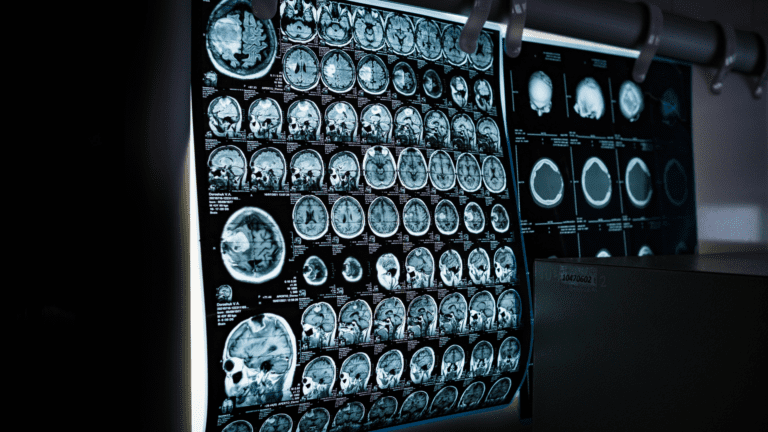
Matthew Lanktree
Genetic mutations in stem cells (in bone marrow or blood) are associated with a higher risk of dying from all causes. Known as clonal hematopoiesis of indeterminate potential (CHIP), these mutations are found in a significant proportion (10-15%) of healthy people over the age of 65.
That percentage is significantly higher – with more negative health consequences – for people with chronic kidney disease (CKD).
CHIP is in 25% of CKD patients, and those individuals get much sicker than CKD patients who don’t have CHIP – that’s the finding of a study led by PHRI genetics researchers.
People with chronic kidney disease (CKD) experienced a more than two-fold greater risk of kidney failure in five years of follow-up.
Individuals with CKD who have CHIP were also more likely to experience complications of CKD, including anemia.
“The question of whether CHIP was associated with kidney disease was not studied before this,” says PHRI Investigator Matthew Lanktree, senior author of “Association of clonal hematopoiesis of indeterminate potential with worse kidney function and anemia in two cohorts of patients with advanced chronic kidney disease,” published in the Journal of the American Society of Nephrology this week.
Other coauthors on the paper include PHRI Senior Scientist Guillaume Paré – director of the CRLB-GMEL lab where much of the study’s genetic sequencing was done – and Michael Chong, the lab’s assistant director.
The study used bio samples from the 2013 pan-Canadian study, Prediction of Death, Dialysis and Interim Cardiovascular Events (CanPreddict), which are stored in the GMEL.
First author of the paper, PhD student Caitlyn Vlasschaert (supervised by Lanktree) tweeted highlights of the study, as shown here:
Thrilled to share the first original research paper from my PhD work.
We examined the associations of clonal hematopoiesis of indeterminate potential (CHIP) in two ???????? cohorts of individuals with CKD stage 3-5.
A quick thread ????: https://t.co/vJJf9ETqF6
— Caitlyn Vlasschaert (@DrFlashHeart) February 24, 2022
New treatments for CHIP may help
“The finding needs to be verified in larger studies from more centres,” Lanktree says. “While this new finding isn’t ready for prime time yet, new treatments for CHIP may help.”
Development of anti-inflammatory treatments targeted to CHIP has already begun and may be applicable to treat patients with kidney disease related to CHIP.
“Just being associated with inflammation isn’t enough, though,” notes Lanktree. “We need to investigate by which exact mechanism these mutations lead to worse kidney disease. We then will need to test if these potential treatments help those with kidney disease.”



